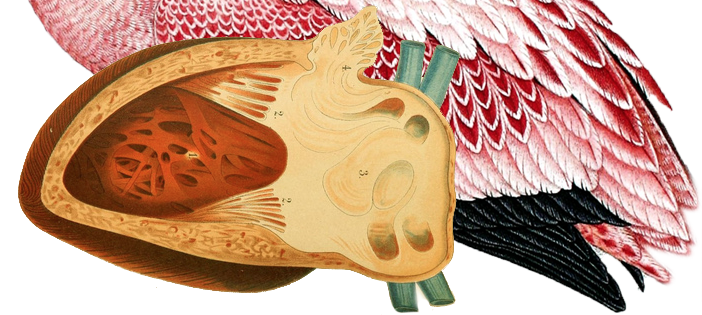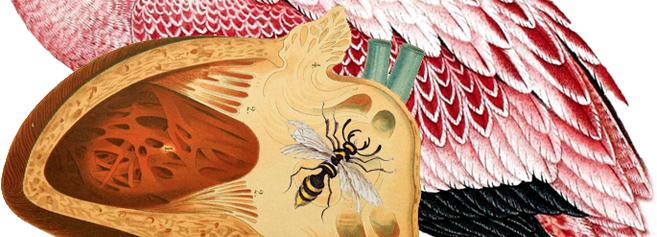Note: MIT weighs classes in terms of MIT units instead of credits. A typical class consists of 12 MIT units. Thus, a typical four-class semester course load consists of 48 MIT units. Master’s degree candidates must complete a total of 66 graduate units, not including a thesis, to earn a degree.
Although there are no required classes during IAP, students often take this time to travel for thesis research. They can apply for a Kelly-Douglas grant, which is matched by the program, and together provides up to $1,000 to help defray travel and research expenses.
The Advanced Science Writing Seminar forms the core of the GPSW curriculum. Here, students develop the diverse range of expertise needed in the field of science writing: reporting and researching, interviewing and working with archives, developing beats and conducting quantitative analyses, podcasting, navigating controversies, pitching stories, building a science writing career, and more. The Seminar is taught by GPSW faculty and by prominent journalists, editors, researchers, and producers who serve as guest speakers. Past guest lecturers have included:
In the fall, the Seminar meets for six hours per week — the equivalent of two regular classes. It begins with in-depth training in daily journalism. Once that foundation has been established, students learn the tools of investigative reporting, data journalism, podcasting, and archival research.
The spring Seminar, which meets for three hours each week, includes modules on essay writing, explanatory journalism, and the conclusion of long-form investigative projects that were launched in the fall. Students in years past have sold projects they completed in the Advanced Science Writing Seminar to publications including Ars Technica, Astronomy Magazine, The Atlantic, Atlas Obscura, Environmental Health News, The GBH Center for Investigative News, Hakai Magazine, Mental Floss, The Mississippi Free Press, MIT Technology Review, NOVA, Popular Science, Science Friday, Sky & Telescope, Verite News, and Wired Magazine.
The thesis forms a second cornerstone of the MIT Graduate Program in Science Writing and provides students with the opportunity to dive deep into a scientific area of interest. The thesis is a long-form narrative science writing piece of at least 6,000 words written for a general audience. The thesis can be journalistic, data-driven, investigative, historical, or even personal so long as it meaningfully bears on science, technology, engineering, or medicine. Students may complete a documentary or multimedia thesis project as long as the written length and original reporting requirements are met.
The Graduate Thesis Seminar is a required two-semester class focused on developing feature writing skills and helping students craft their theses. Students meet one-on-one with faculty advisors and professional writers who serve as editors and mentors. Small travel grants are available to students conducting field reporting.
Candidates applying to the GPSW should be prepared to discuss potential thesis topics in their applications. Excerpts of recent theses are available in MIT’s online archive, DSpace.
To provide a direct view of how science unfolds on a daily basis, the GPSW requires each student to spend a total of 12 hours in two of MIT’s hundreds of laboratories and complete writing assignments on each lab. The Lab Experience offers an opportunity for students to explore MIT’s vast scientific resources and access to researchers who often aren’t accessible to journalists.
In the fall semester, students develop, report, and write a feature story of between 2,000 and 3,000 words in this course, leading them through a long narrative nonfiction work and further developing their ability to work with editors, revise, and critique their classmates’ work.
In the spring semester, the Advanced Science Documentary focuses on multimedia ways of telling stories. Students write, shoot, and edit audio and video projects using GPSW’s inventory of cameras, lighting equipment, digital recorders, and editing software. You can view past projects on our YouTube channel.
Chosen in consultation with faculty advisors, electives provide students with an opportunity to customize their education. Our students often use electives to gain background knowledge in a specific scientific beat, sharpen their storytelling skills within a certain genre or media, or simply explore one of their passions. Electives may be taken at MIT or Harvard.
GPSW students are required to complete a full-time summer internship following the regular academic year and may choose to complete an additional part-time internship instead of an elective. Students work with faculty advisors to secure writing-focused internships at print or online science publications, museums, laboratories or research institutions, investigative journalism organizations, digital production studios, educational outreach groups, or television or radio stations. Spring semester internships must be completed in the Boston area (or by working remotely), while summer internships may be completed anywhere in the world.
In recent years, our students have interned at outlets including Atlas Obscura, The Boston Globe, the Boston Museum of Science, Discover Magazine, Environmental Health News, Gastropod, the GBH News Center for Investigative Reporting, Harvard Medical School, Inside Climate News, IBM, the International Centre for Theoretical Physics, NASA, National Geographic, National Institutes of Health, Nature, Nautilus, New Scientist, The New York Times, NOVA, NPR, Orion Magazine, Princeton University, Retro Report, Science, Sky & Telescope, Smithsonian, Smithsonian Natural History Museum, STAT, State Impact PA, Technology Review, Wired Magazine, Woods Hole Oceanographic Institution, and many more. Internships are monitored and graded by faculty advisors.





